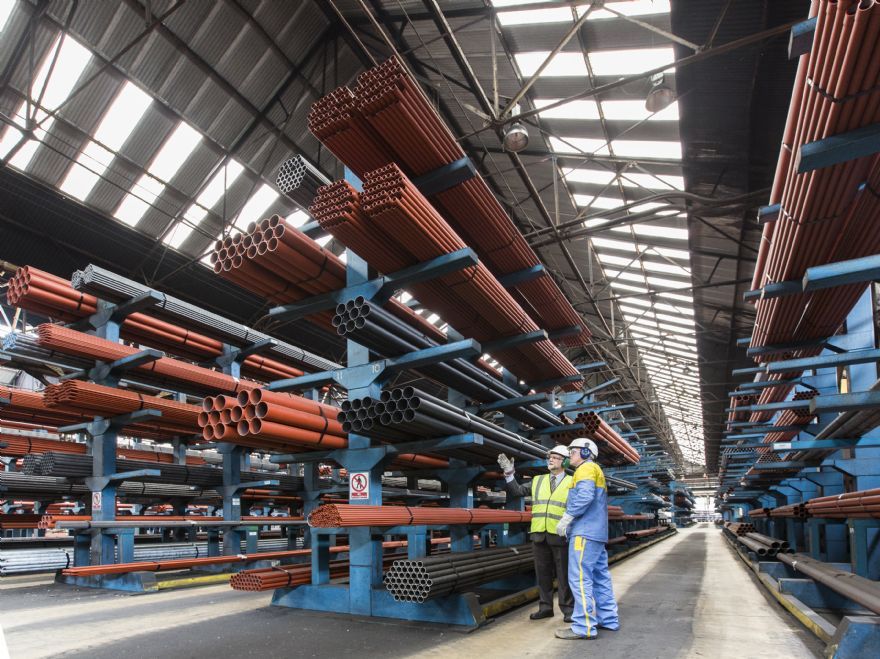
A report published today by
UK Steel warns that excess steel capacity worldwide, built due to non-market forces such as state subsidies, could easily cancel out the UK Government’s steel investments if not taken seriously and tackled with new bold trade policies.
Global steel excess capacity in 2023 was estimated at 543 million tonnes (Mt), more than 70-times the size of the UK market. Southeast Asia and the Middle East have seen rapid expansions of steelmaking, largely state-funded and mostly for high-emission blast furnaces which do not reflect domestic demand levels.
Furthermore, steel demand in China, the world’s largest steelmaker, is also weakening, causing supply to spill over into other markets and dampen steel prices. China is expected to export 100Mt of steel during this year alone. This could meet the entirety of the UK’s steel demand for 13 years. Already the import share in the UK has jumped to a shocking 68% so far in 2024, from 60% in 2023 and 55% in 2022. The last time these levels of Chinese exports were seen, several UK steel plants were forced to close and thousands of jobs were lost.
UK Steel argues that while the UK Government is investing seriously in building the UK steel industry, addressing excess capacity and fair competition should be a fundamental element of its upcoming Steel Strategy. Steel safeguards, which have been shielding the UK sector from trade diversion, will have to expire in 2026 due to WTO rules. Action must be taken urgently ahead of existing protections lapsing in 21 months’ time.
US Section 232 tariffs, which first triggered the introduction of safeguards, are here to stay. Countries around the world, including the European Union (EU), are stepping up their trade defence, and protectionism is on the rise. This means even greater trade diversion is likely to be directed to any markets left exposed. Trade policy in the UK must go further than it has before if industry is to have a fair chance of competing for market share.
Global overcapacityUK Steel is making four recommendations to address the impacts of global overcapacity on the UK industry: explore trade policy options, including ones that make use of WTO exceptions, in the context of actions taken by other WTO members – these could include tariff-rate quotas; review the UK trade remedies framework to make it more accessible to industry; play an active role in international initiatives such as the potential ‘Global Arrangement on Sustainable Steel and Aluminium’ currently being negotiated between the USA and the EU; and strengthen carbon leakage and public procurement policies to counter the impact of excess capacity on UK producer market share.
Gareth Stace, UK Steel director general, said: “Rising global excess capacity driven and sustained by non-market forces is one of the largest challenges of our time for the global steel industry. It has the potential to redraw the map of global steelmaking as there is no longer fair competition. A raft of distortive subsidies is leading to oversupply which is met with rising protectionism and trade diversion.
“Failing to tackle the issue head-on could see British steelmakers continue to lose market share and mean that investments in decarbonisation are all for naught. So far steel safeguards have offered a necessary shield but their expiry in 2026 could see industry faced with a cliff edge.”
He concluded: “We invite the Government to be bold, show leadership and balance international obligations with the national interest. Now is the time to create a fair and competitive trade landscape for the UK steel industry that will underpin UK jobs, economic resilience and decarbonisation.”